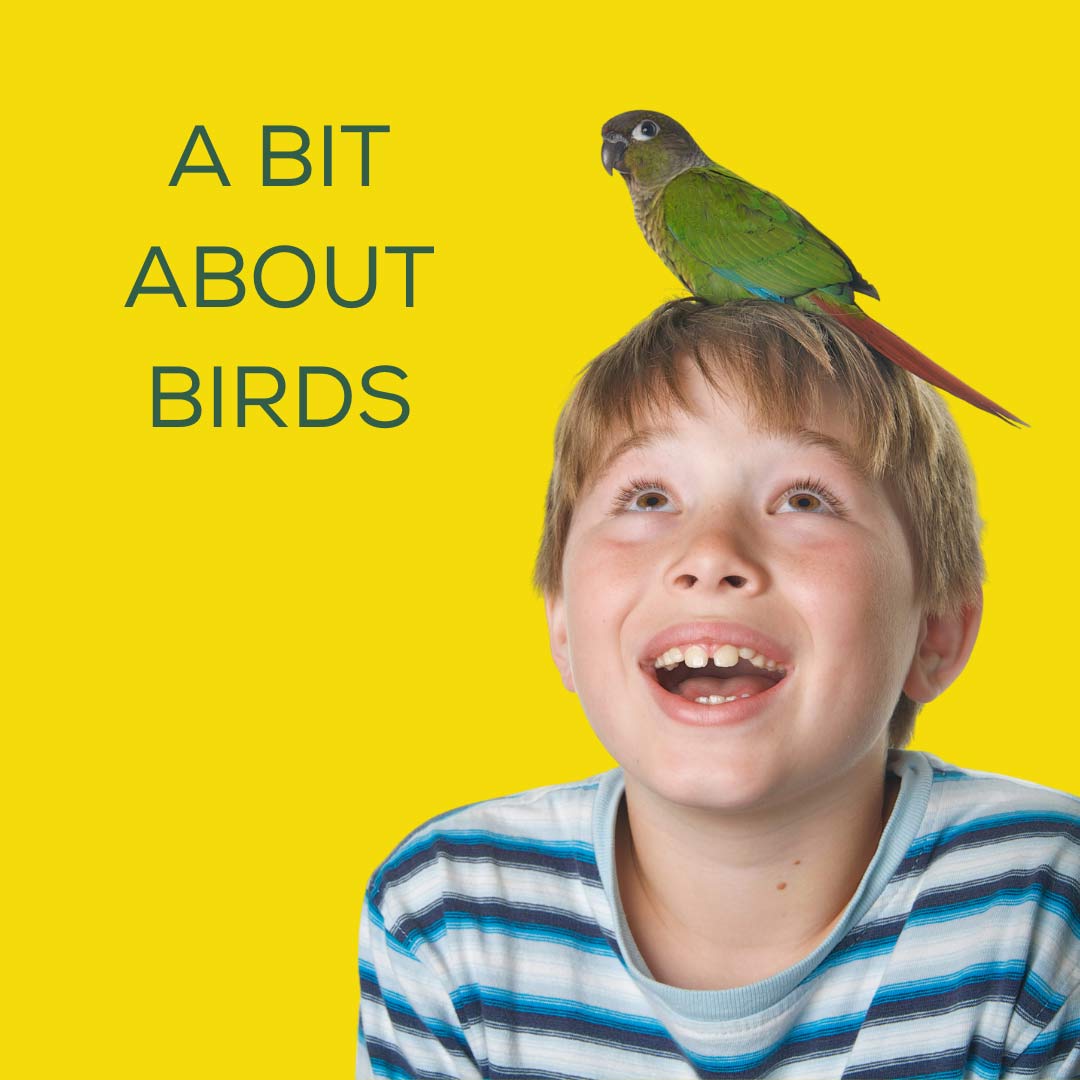What do birds like?

When you have limited space, mobility, or funds, and you find yourself feeling lonely, a pet bird or a pair of them just might be a great fit for you. Birds can be great companions for senior citizens and children as they can provide companionship and enjoyment for many years.
Many birds are terrific problem solvers. According to the National Audubon Society, birds have problem-solving capabilities and cognitive skills that indicate a high degree of intelligence. They can use tools and even count from left to right.
Besides being among the most popular pets, chickadees, parrots, and cockatoos all have finely-honed problem solving and mimicking skills.
Which brings us to one of the oldest and most beloved tricks - their ability to learn to speak human words. There are many different methods and techniques that are popular for teaching a parrot how to talk, but a good general rule is that patience and repetition seem to be the most efficient ways to coax parrots into speaking. One thing to keep in mind is that not all parrot species have the ability to mimic words, and of those that do, sometimes individual birds still may not pick up on it. Go into training your bird with a positive and hopeful attitude, and with enough practice, your pet may one day surprise you by singing along to a video or mimicking their favourite TV show character.
Birds are creatures that flock, meaning that they are used to having companions at all times. A pet bird will want a friend as much as you do. Many will sing to you, sometimes talk to you, and play with you, especially if you spend time together with a bird out of its cage to build a relationship.
Try the "step-up" command which is the most valuable and fundamental command that you can teach your pet and is something that all pet birds should know. Many bird tricks are built upon a parrot's knowledge of the "step-up" command, so it is important to begin any training regimen by teaching your bird this trick first. Not only will it help you teach your bird more impressive maneuvers, but teaching your bird to step-up can also come in handy during vet visits, cage cleaning time, and many other aspects of bird ownership. Teach your bird to “step-up” into your hands when you summon them and are resting on your wrist or fingers.
Birds can recognize their owners, cage, and toys, and many birds can be trained to be with you outside the cage. The more time you spend with your bird outside of the cage, the more responses you will receive when you are training with them.
Clicker training is one of the most widely accepted training methods used on animals of all species and shapes. It utilizes positive reinforcement, which is proven to improve knowledge retention between training sessions and builds upon the concepts of classical conditioning. The great part about clicker training a bird is that you can essentially build your own tricks from scratch, and then use clicker conditioning to teach your bird to perform any command. You can teach them how to locate your car keys when you need to leave home or you can train them to play games such as chess and even puzzles with your little one!
Just remember that time, practice, and patience are the keys to your bird's success so don’t give up on your bird! If these don’t work you need a new game to play- better suited to what your bird likes, not a new bird!